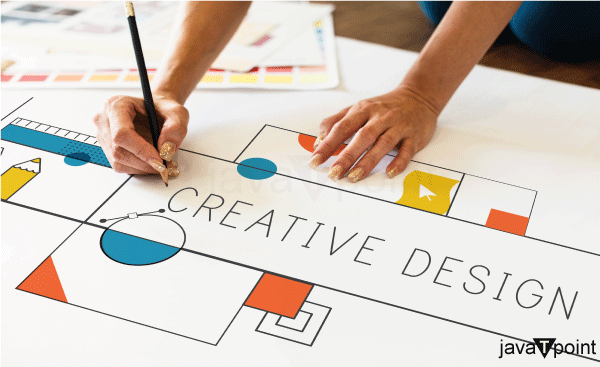Machine Learning in Design

The process of design has always been driven by human creativity, intuition, and an appreciation for aesthetics. However, with the emergence of machine learning, designers now have the opportunity to leverage the capabilities of artificial intelligence to further enhance their creative pursuits. Machine learning algorithms have the remarkable ability to analyze extensive datasets, uncover patterns, and generate novel design solutions.
Application of Machine Learning in Design
Machine learning finds its application in various areas of design, revolutionizing the way designers work and creating new opportunities for innovation. Here are a few key applications:
- Machine learning algorithms can generate design solutions based on predefined parameters and constraints. By analyzing existing designs, user preferences, and design trends, machine learning can generate a multitude of design variations, helping designers explore new possibilities and push creative boundaries.
- Machine learning algorithms can analyze and interpret visual data, enabling designers to automatically categorize and tag images. This capability streamlines the design process by efficiently organizing and retrieving design assets, saving valuable time and effort.
- Machine learning algorithms can analyze user behaviour and preferences, allowing designers to optimize user experiences. By understanding how users interact with a design, machine learning can recommend personalized design elements and layouts to improve user satisfaction and engagement.
Benefits of Machine Learning in Design
The integration of machine learning in design offers several notable benefits:
- Machine learning algorithms can inspire designers with novel ideas and design variations, expanding their creative potential. By analyzing a vast range of design data, machine learning can suggest unique combinations and unexpected design solutions that humans may not have considered.
- Machine learning emerges as a powerful companion in relieving designers from tedious and time-consuming design tasks, unlocking their full potential. Through the utilization of machine learning algorithms, designers can automate an array of tasks, encompassing the management of design assets, examination of user data, and creation of diverse design alternatives. This automation liberates designers to channel their creativity and focus on the more advanced facets of the design process, fostering a culture of innovation and enhanced efficiency.
- Machine learning gives designers access to valuable information extracted from data, which assists them in making well-informed design decisions. By examining user feedback, market trends, and performance metrics, machine learning equips designers with significant insights to guide their design choices. This data-centric approach guarantees that designers create designs that not only captivate users but also align with the objectives of the business or project at hand.
Disadvantages of Machine Learning in Design
While machine learning brings significant advantages to the design process, it also poses certain challenges and limitations:
- Machine learning algorithms rely solely on the data they are trained on and may lack the nuanced understanding and creative intuition that human designers possess. Design is not solely based on data but also involves subjective elements, emotions, and cultural contexts that are challenging for machines to comprehend.
- Machine learning algorithms learn from the data they are exposed to, which can inadvertently perpetuate biases present in the data. Designers must be mindful of the ethical implications of using machine learning in design, ensuring that the algorithms do not reinforce stereotypes or discriminatory practices.
- Sometimes, machine learning models can be a bit mysterious, like black boxes. This means that designers may not fully understand why the models make certain design choices. This lack of transparency can make it challenging for designers to make precise adjustments and enhance the design process.
Future Aspects of Machine Learning in Design
The potential for innovation and advancement in machine learning within the field of design is incredibly exciting. As we gaze into the future, there are several key areas that hold great promise:
- Machine learning will continue to augment designers' creative capabilities, providing them with intelligent tools that assist in the design process. Designers will be able to leverage machine learning algorithms to explore new design territories and find innovative solutions.
- As machine learning algorithms advance in intelligence, designers will embark on a collaborative journey with machines. They will leverage the power of machine learning as a valuable tool to amplify their creative abilities and elevate their design expertise. It's all about joining forces with technology to push the boundaries of design to new and exciting horizons.
- In the realm of machine learning-driven design, the design community will increasingly prioritize ethical considerations. Designers will actively work towards addressing biases, fostering inclusivity, and promoting transparency and fairness throughout the design process.
Conclusion
Machine learning has become a game-changer in the field of design, seamlessly blending creativity and technology. Through the utilization of machine learning algorithms, designers can unlock fresh realms of creativity, enhance user experiences, and make informed design choices based on data. Although there are obstacles to tackle and ethical considerations to address, the future of machine learning in design holds immense potential. This is an exhilarating era for designers as they embrace the possibilities that machine learning presents and venture into uncharted territories in the design realm.
|

 For Videos Join Our Youtube Channel: Join Now
For Videos Join Our Youtube Channel: Join Now










